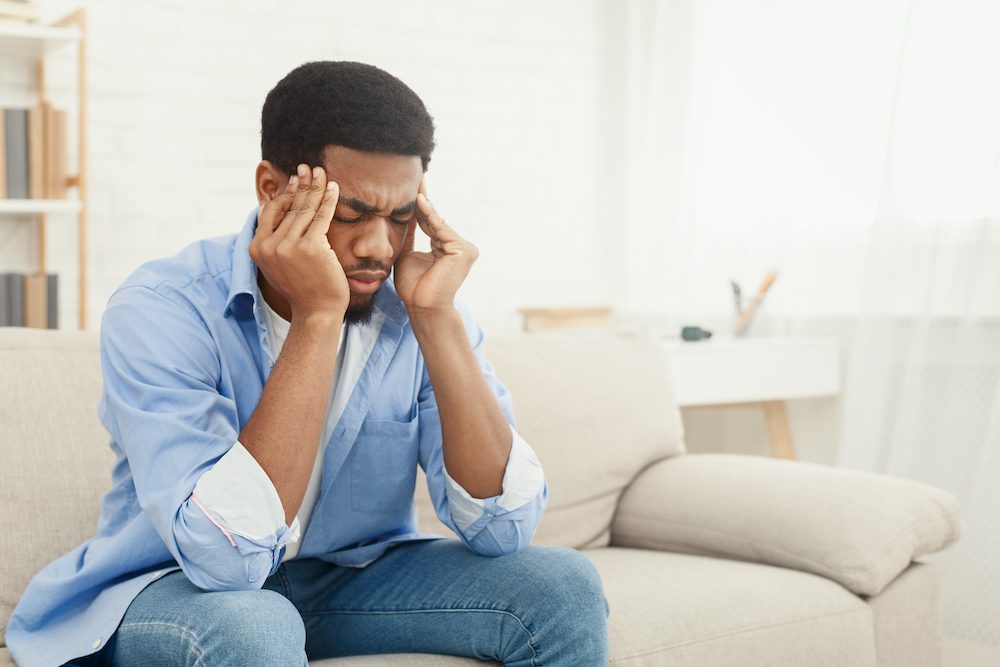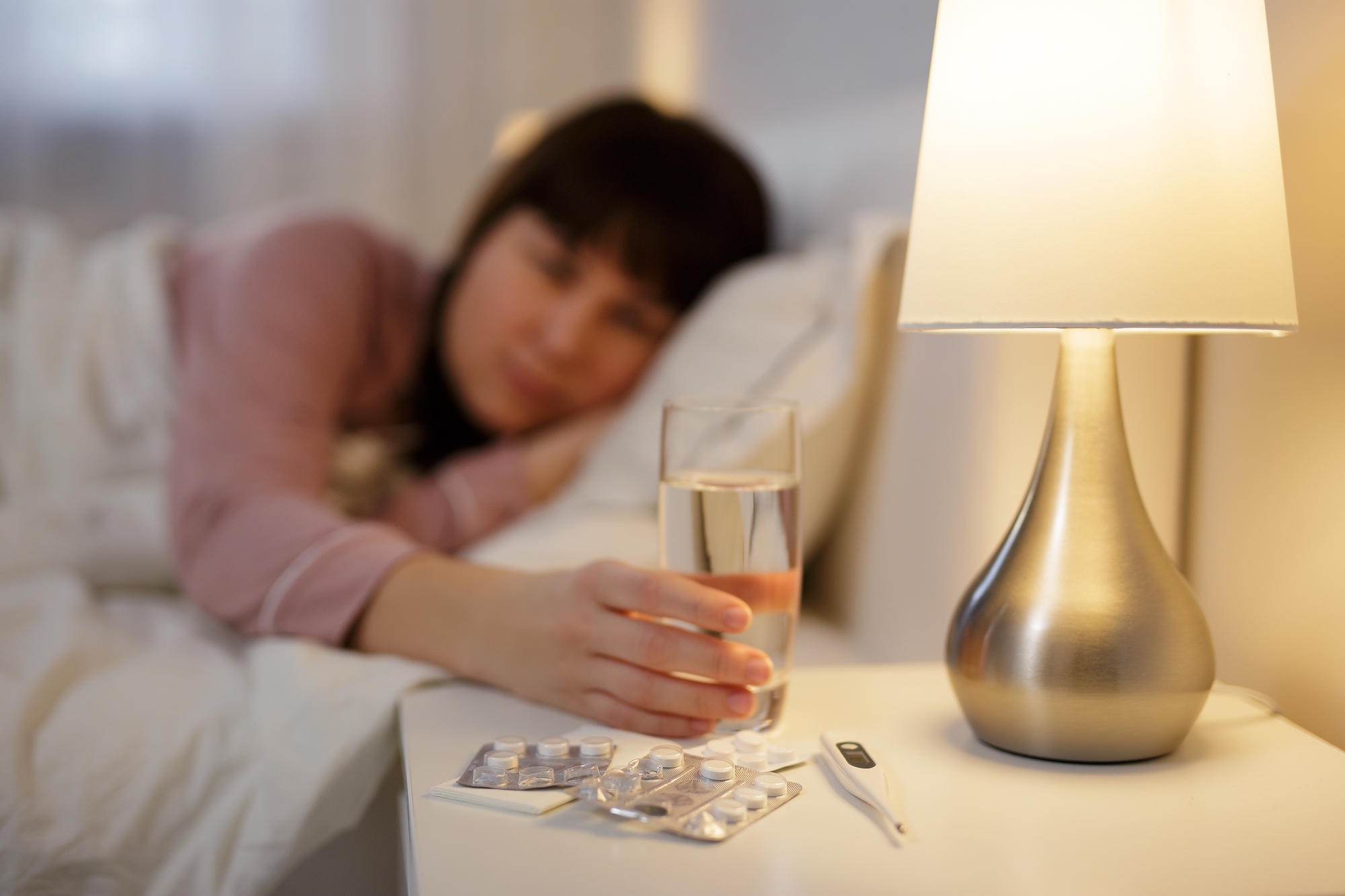Apparently B6 is the most important to not feel sleepy after a long night of sleep.
Make sure to take the proper form of B6, which is pyridoxal 5 phosphate, or P5P. The more common form, Pyridoxine Hydrochloride, or Pyridoxine HCl, is bad:
Apparently B6 is the most important to not feel sleepy after a long night of sleep.
I wanted to comment on this again. I recently volunteered 3 days in a row at a thrift store and spent most of my days loading and unloading in the cargo bay + rearranging heavy furniture in the showroom (by myself), while fasted and without any breaks and it was by far the most physically demanding thing I've done in a long time (I went out of my way to do all the heavy lifting as much as I could).Get a job as a construction laborer. I guarantee you will sleep.
I think over exertion is bad for sleep. If I do this, my sore muscles end up keeping me awake. However, if I strike the right balance of a good workout that's not excessive, then have a good supper, and hit the sack, I sleep the best.As of late my sleep is actually great after sticking to my routines and consistent schedule.
I still find Life Extension liquid melatonin to be a godsend; melatonin from other brands were oddly enough fairly uneffective for me. I take about 1/2 a mg an hour before bed and occasionally also take 400-600mg of Trace Minerals liquid ionic magnesium a couple hours before that to help me wind down. May consider making my own ZMA formulation since I already have Zinc and Mag, as all I need is P5P as the above poster noted. I definitely suspect B6 is underrated for sleep as I've never once seen it in any sleep formulations (though 99% of them are trash).
Does anyone know if melatonin is bad to take long term?
I wanted to comment on this again. I recently volunteered 3 days in a row at a thrift store and spent most of my days loading and unloading in the cargo bay + rearranging heavy furniture in the showroom (by myself), while fasted and without any breaks and it was by far the most physically demanding thing I've done in a long time (I went out of my way to do all the heavy lifting as much as I could).
Intuitively one would think this would improve my sleep...but it had the opposite effect. Sedation or exhaustion feel like completely different things from sleep and in fact can be antithetical to it (at least for me).
As of late my sleep is actually great after sticking to my routines and consistent schedule.
I still find Life Extension liquid melatonin to be a godsend; melatonin from other brands were oddly enough fairly uneffective for me. I take about 1/2 a mg an hour before bed and occasionally also take 400-600mg of Trace Minerals liquid ionic magnesium a couple hours before that to help me wind down. May consider making my own ZMA formulation since I already have Zinc and Mag, as all I need is P5P as the above poster noted. I definitely suspect B6 is underrated for sleep as I've never once seen it in any sleep formulations (though 99% of them are trash).
Does anyone know if melatonin is bad to take long term?
Abstract
Background: Exogenous melatonin is commonly used to treat insomnia, other sleep problems, and numerous medical illnesses, including Alzheimer’s disease, autism spectrum disorder, and mild cognitive impairment in adults and children. There is evolving information regarding issues with the use of chronic melatonin.
Methods: The present investigation was a narrative review. Results: Melatonin usage has risen dramatically in recent years. Many countries only allow melatonin prescriptions. In the United States (U.S.), it is classified as a dietary supplement accessible over the counter and can be derived from animals, microorganisms, or, most commonly, made synthetically. No regulatory agency oversees its manufacturing or sale in the U.S. melatonin concentration of marketed preparations varies widely between product labels and manufacturers. Melatonin’s ability to induce sleep is detectable. However, it is modest for most people. Sleep length appears to be less important in sustained-release preparations. The optimal dosage is unknown, and routinely used amounts vary substantially. Melatonin’s short-term negative effects are minimal, resolve at medicine cessation, and do not usually prevent usage overall. Much research on long-term melatonin administration has found no difference between exogenous melatonin and placebo in terms of long-term negative effects.
Conclusion: Melatonin at low to moderate dosages (approximately 5–6 mg daily or less) appears safe. Long-term usage appears to benefit certain patient populations, such as those with autism spectrum disorder. Studies investigating potential benefits in reducing cognitive decline and increased longevity are ongoing. However, it is widely agreed that the long-term effects of taking exogenous melatonin have been insufficiently studied and warrant additional investigation
Exogenous melatonin is commonly used for sleep disorders in older adults, and its use is increasing over time. It appears to have modest efficacy in treating insomnia and circadian rhythm sleep-wake disorders. Melatonin is commonly perceived to be a safe alternative to other hypnotics and is available without prescription in some jurisdictions. New evidence suggests that endogenous melatonin has pleomorphic effects on multiple organ systems, many of which are poorly understood. This narrative review summarizes the current evidence regarding the safety of melatonin in older adults (defined by age over 65 years). Melatonin appears to have a favorable safety profile in this population, however there is a dearth of evidence regarding the safety of prolonged use. There are several factors which increase the risk of adverse effects of melatonin in older adults, and these should be taken into consideration when prescribing to this population.
Children who use melatonin are likely to experience non-serious adverse events, yet the actual extent to which melatonin leads to non-serious adverse events and the long-term consequences remain uncertain. This major gap of knowledge on safety calls for caution against complacent use of melatonin in children and adolescents with chronic insomnia and for more research to inform clinicians and guideline panels on this key issue.

“Most people end up taking a dose of melatonin that is unnecessarily high through no fault of their own due to formulations stocked on shelves. For most people 1-3 mgs is more than enough and is just as effective as higher doses, but with less risk of side effects.”

Melatonin is typically safe when used short-term
, but research on its long-term effects is limited. Some experts have suggested that because melatonin is a hormone, it may disrupt hormonal processes like puberty and the menstrual cycle. But, there is not enough reliable research to show concrete evidence of this effect.
I quit caffeine 7 days ago and I'm hoping it'll help with anxiety and sleep problems.
I'll update in a while, glad to be out of the headache phase.
It turned out well. It reduced my anxiety, waking up was more seamless as when I was up, that was generally how I felt the whole day. My sleep improved a little as well.How did it turn out for you?
